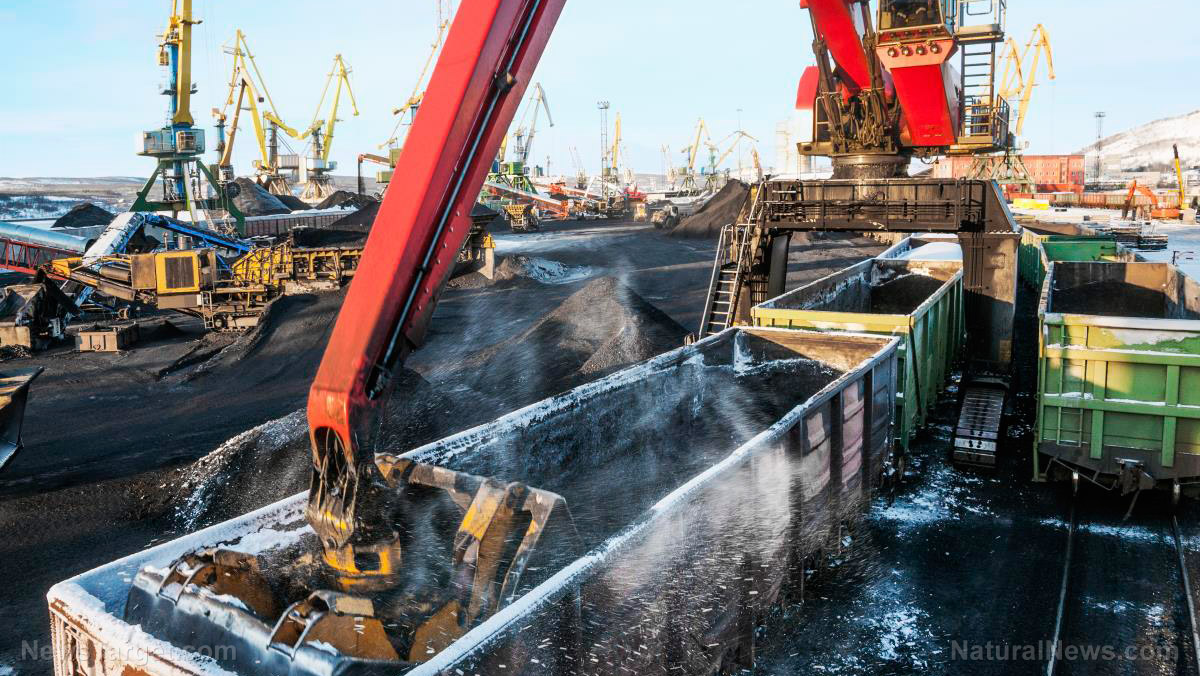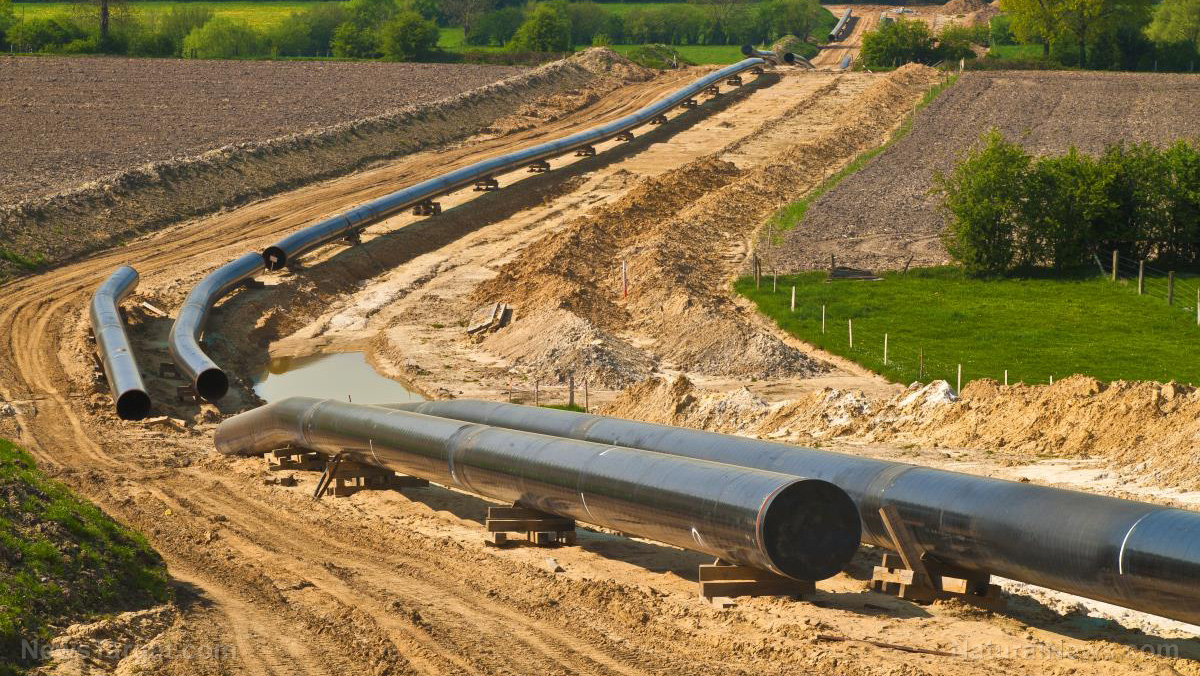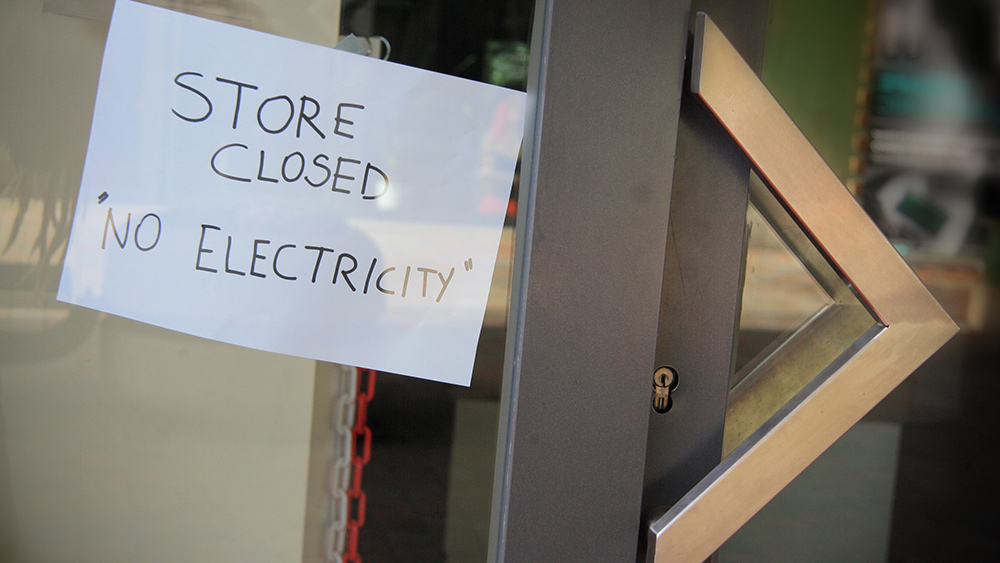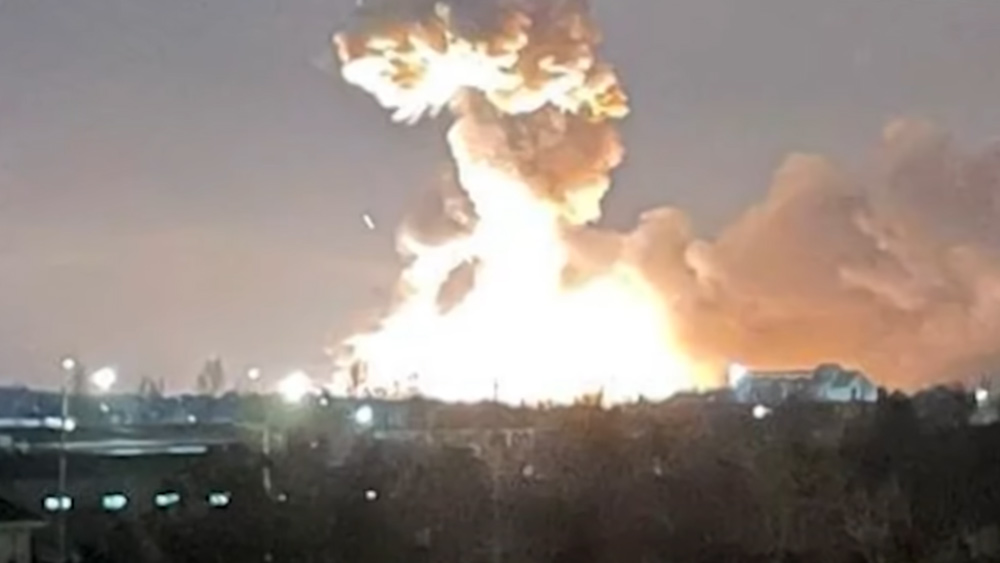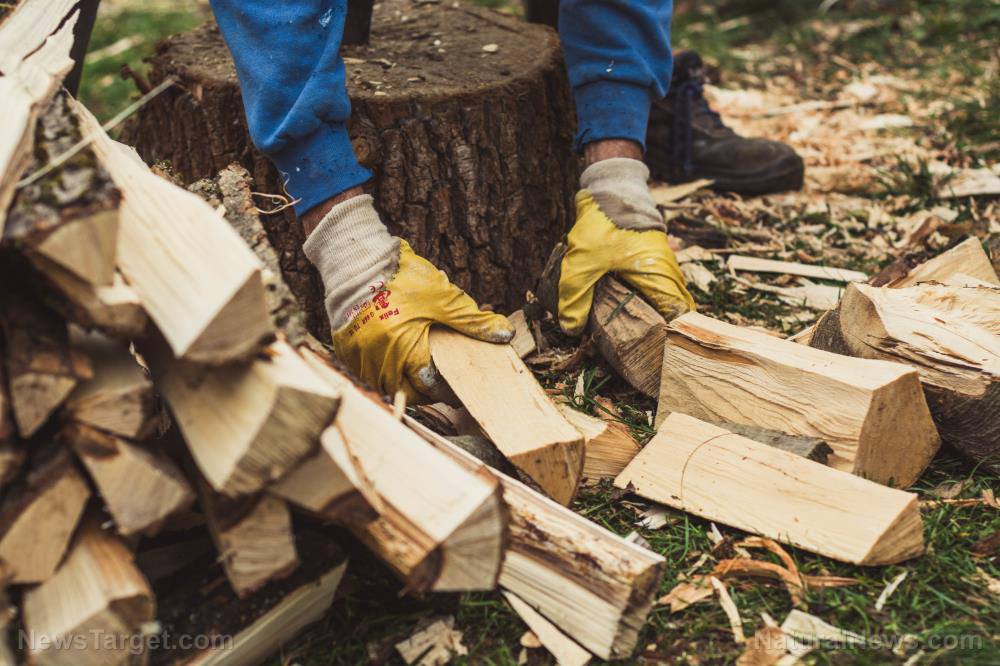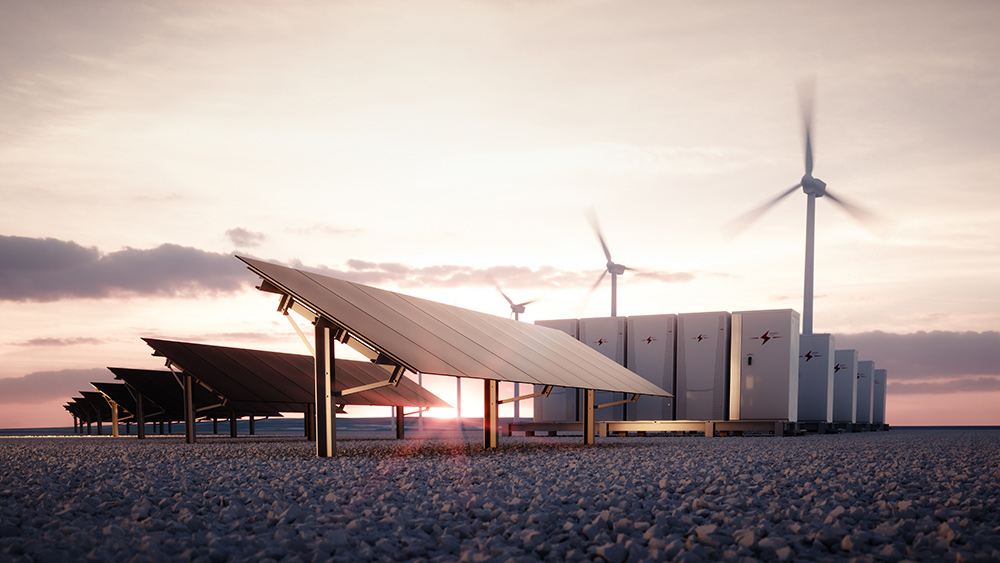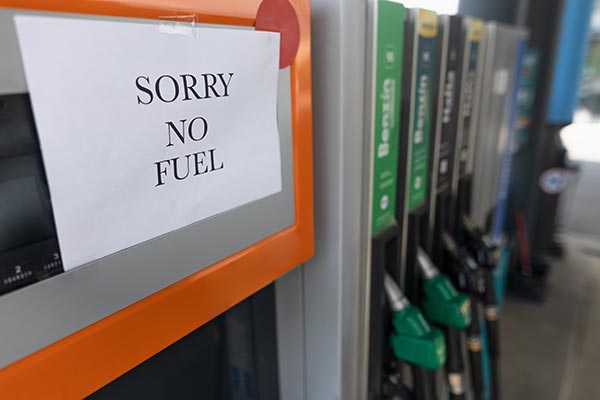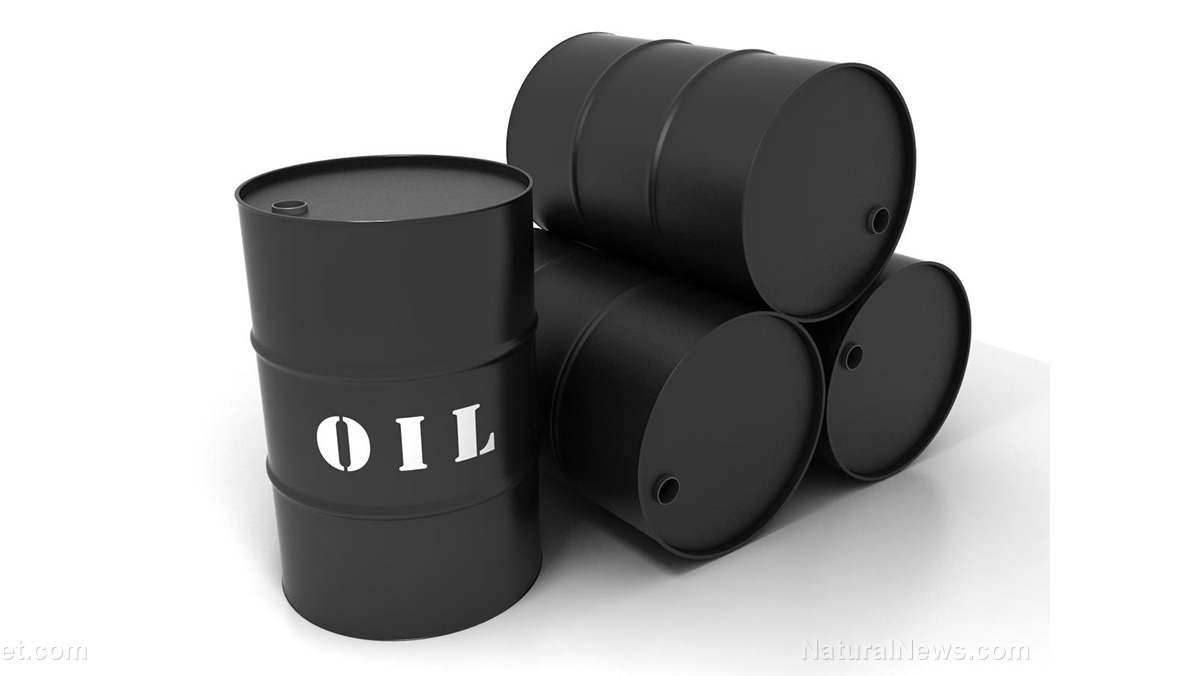Polish households resort to burning TRASH to survive winter without Russian energy
10/19/2022 / By Roy Green
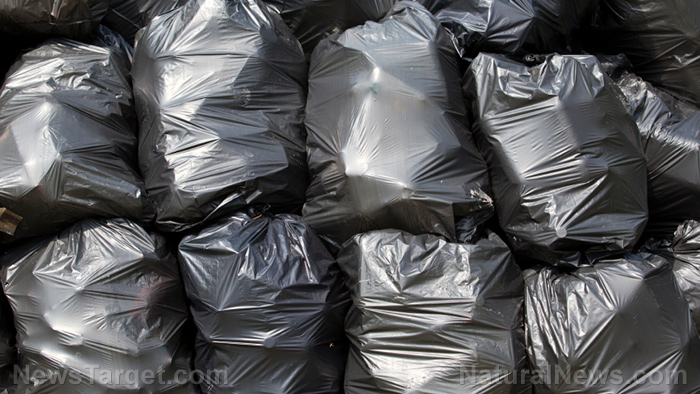
Polish citizens have found a cheaper way to keep their homes warm as winter approaches – they burn trash.
Soaring prices of electricity and natural gas forced most of Poland’s citizens to resort to coal and wood. But as demand increased and supply became scarce, prices of coal and wood also rose. This prompted the country’s poor to turn to combustible garbage to heat their homes.
Poor households hit two birds with one stone with this option, as they are able resolve garbage disposal problems and save on heating costs. But the practice has its drawbacks as it contributes to air pollution, harms the environment and is considered unsanitary. Many have also complained of the stench.
Paulina Mroczkowska, a resident of the capital Warsaw, told Bloomberg she had already seen fellow Poles turning to trash to keep warm as temperatures outside continue to drop, especially at night.
“It’s so bad this season that you can smell trash burning every day, which is completely new,” she complained. “Rarely can you smell regular fuel. It’s scary to think what happens when it really gets cold.”
With winter drawing near, temperatures are dropping throughout Central Europe, signaling the beginning of the heating season as well. The temperature in Poland, which currently is in the single digits, hovers around freezing in December and drops below zero in January, the height of winter.
As such, garbage collectors have reported a decline in the trash they collect from households.
“The nation [is] already experiencing a trash panic,” a mayor from one Polish city told news channel TVN24. “We’re seeing a significant drop in garbage collection, especially when it comes to materials that could, at least in theory, be suitable for burning such as paper, cardboard and packaging.”
While Poles are aware that burning trash could be detrimental to others’ health, this appears to be a more viable – albeit smellier – option than freezing to death.
Poland determined to end its dependence on Russian energy
The burning of trash for heating is projected to increase in the coming months as Poland announced its intent to end reliance on Russian fuel supplies by the end of 2022. Whether or not Moscow succeeds or fizzles out in its “special military operation” in Ukraine, Warsaw is determined to achieve energy independence.
While Poland produces 50 million tons of coal annually, it remains insufficient to meet local demand as 3.8 million households in the country rely on it for warmth during the winter. Russia used to supply 40 percent of Poland’s coal, which is sold at a cheaper price. But according to the Polish Press Agency, imports of Russian coal came to a complete halt in May 2022.
This subsequently pushed coal prices up, with long queues for fuel reported near coal mines. Buyers reportedly waited for up to three days in their cars near the coal mines to buy supplies in anticipation of further price spikes. Reports of backlogs in the sale of stoves as well as wood pellets also emerged. (Related: Polish homeowners face freezing to death this winter as they line up for DAYS, sleeping in their cars, just to buy coal.)
Nevertheless, Warsaw remains undeterred – and is pushing forward with a ban on all Russian fossil fuels, including oil and natural gas, by the end of 2022. It has also called for a tax on Russian fuels to cut the flow of income to the Russian Armed Forces.
Polish Prime Minister Mateusz Morawiecki described the ban as “one of the most radical plans in Europe to ‘walk away’ from Russian fossil fuels.” How long this ban will last, however, remains unclear as Poland runs out of fuel.
Watch this clip about gas prices in Europe surging by 30 percent in just two days, a result of the sanctions on Russian energy supplies backed by Poland and other countries.
This video is from the Chinese taking down EVIL CCP channel on Brighteon.com.
More related stories:
European countries mull increasing investment in fossil fuels to maintain energy security.
Sources include:
Submit a correction >>
Tagged Under:
chaos, coal, collapse, energy crisis, energy shortage, energy supply, environment, fuel supply, garbage, heating, panic, Poland, rationing, Russia, sanctions, scarcity, SHTF, survival, trash burning
This article may contain statements that reflect the opinion of the author
RECENT NEWS & ARTICLES
COPYRIGHT © 2022 FuelSupply.news
All content posted on this site is protected under Free Speech. FuelSupply.news is not responsible for content written by contributing authors. The information on this site is provided for educational and entertainment purposes only. It is not intended as a substitute for professional advice of any kind. FuelSupply.news assumes no responsibility for the use or misuse of this material. All trademarks, registered trademarks and service marks mentioned on this site are the property of their respective owners.

